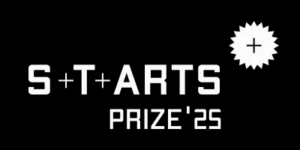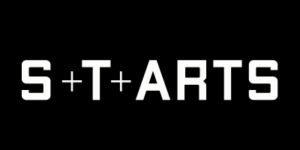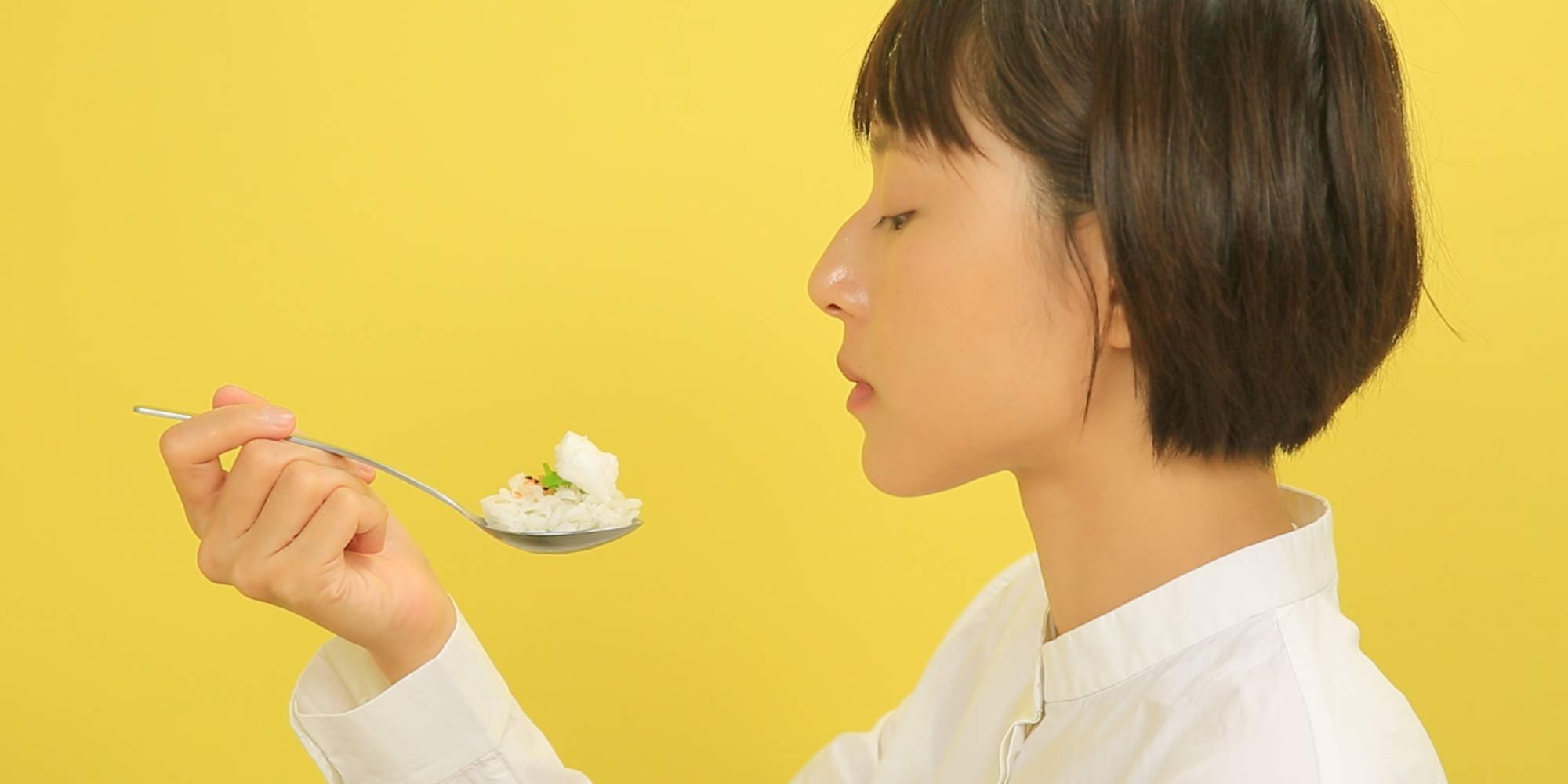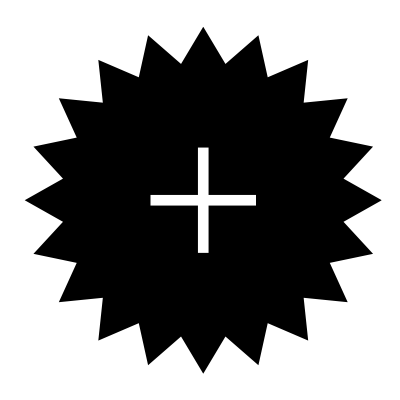Honorary Mention
Proposals of Collaboration with the Viral Entities is a series of endeavours towards finding a balance between our anthropocentric position and our unavoidable encounter of the viral others.
Tame is to Tame (2016)
Tame is to Tame is a conceptual ‘dance’ between humans and viruses and explores an alternative human-virus relationship in depth. The virus-taming program is built upon virology research and shows people an alternative way to look at the ‘invisible and inanimate’ viruses—which we perceive as enemies—and illustrates how these ‘agents’ can redefine the cultural definition of human and individualism.
The project directly demonstrates the journey of the artist and the scientist and invites the audience to become a virus tamer by going through a collection of tamer’s artefacts:
1) a manifesto, a poster, and a Norovirus plushie
2) laboratory profiles of the very first two virus tamers—the artist and the scientist—and their immunity towards Norovirus that defines the type of tamer they can be
3) two scrolls of their encounters with the virus,
4) a set of tamer’s tea, which helps to reduce physical discomfort if infected
5) tamer’s exercise and tamer’s dance
6) a collaborative board game to face different scenarios.
Virophilia (2018 – 2020)
Can we initiate a further relationship with the viruses—proactively instead of passively? Virophilia investigates the possibilities of human-virus encounter in the realm of food culture, via events and performances that open up new discourse and perspectives. It consists of a cookbook, written in the year 2068, which examines retrospectively how humans started to develop cuisines with viruses which extended our sensorial experience, a dinner performance where the participants can experience it physically and videos that show dining encounters between human and viruses.
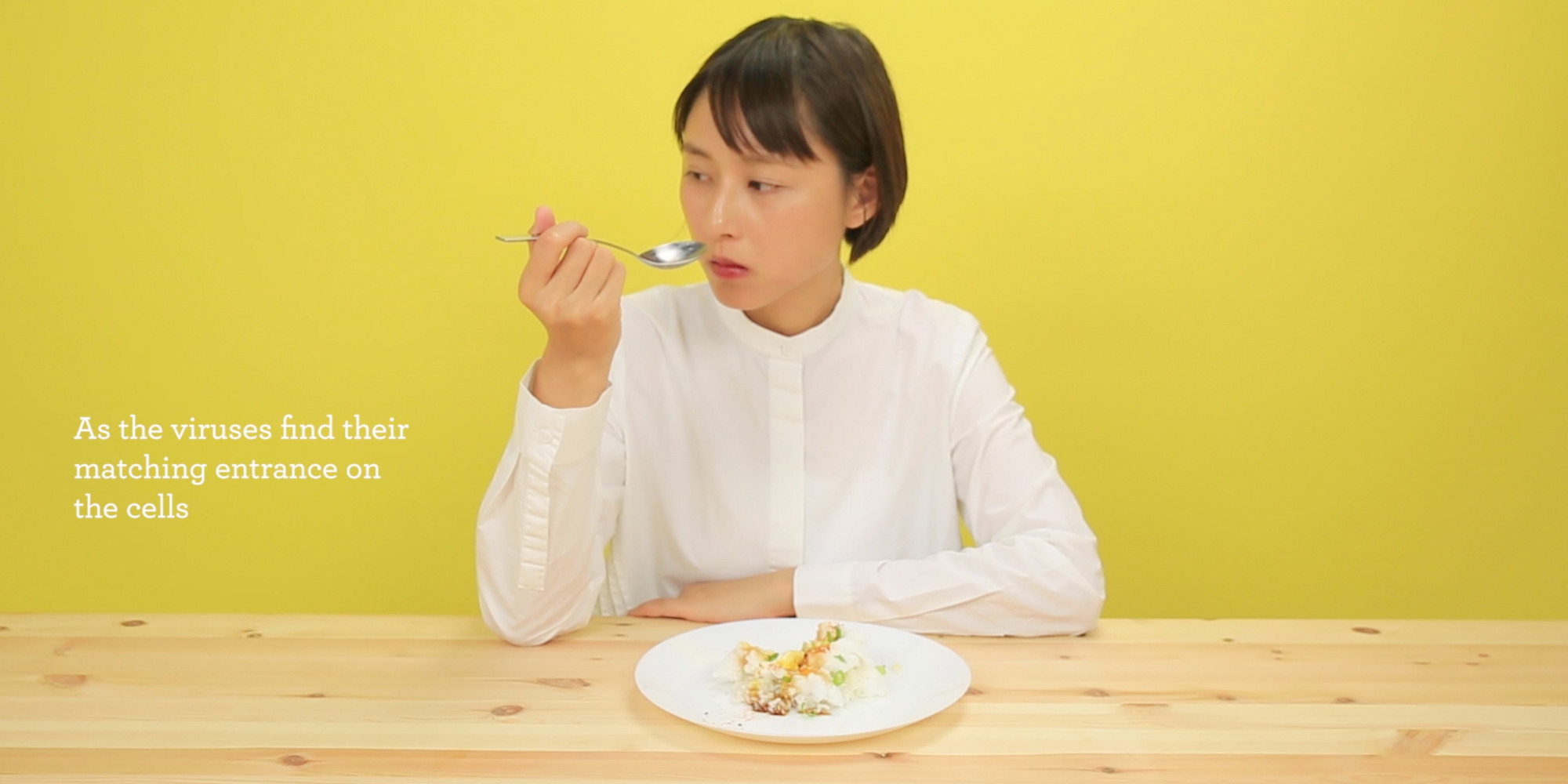
Credits
Tame is to Tame collaborators: Miranda de Graaf, Viroscience Lab, Erasmus MC, Yen-An Chen, Hsin Yu Chang, Po-Hao Chi, Min-Shu Huang, Rachel Jui Chi Chang, Ling-Li Chen, Yi-Ling Wu, Li-Wei Chen, FrenchFries.tw
With support from: Bio Art and Design Award, NWO, ZonMW, Viroscience Lab, Erasmus MC, De Ontdekfabriek, MU Artspace
Virophilia collaborators: Toby Kiers, Miranda de Graaf, Rene van der Vlugt, Corina Brussaard, Jos Looije, Ishtar Hsu, Cecile Espinasse, Min-Shu Huang, Yen-An Chen, Li-Ting Chen, Angela Ying-Jung Chen, and all the participants
With support from: AirWG, Waag Society, Mediamatic, 3PackageDeal, Amsterdam Fonds voor de Kunst, Vrije Universiteit Amsterdam
Pei-Ying Lin (TW) is an artist / designer based in Eindhoven (NL). Her main focus is exploring and experimenting science and human society through artistic methods, particularly around building a common discussion ground for different cultural perspectives regarding elements that construct our individual perception of the world. Recently she has been focusing on manipulating the boundary of invisible/visible, living/non-living and finding ways to build tools and methods that facilitate such explorations. She won an Honorary Mention in Hybrid Arts of Ars Electronica 2015, Professional Runner Up in Speculative Concepts of Core 77 Awards 2015, and BioArt and Design Award 2016.
Jury Statement
Proposals of Collaboration with the Viral Entities is an artistic reflection on our relationship with viruses. Especially in the context of the Corona pandemic, it provides a deeper understanding of our role as human species in the ecosystem we inhabit.
Viruses are a source of evolutionary variation. They cannot self-reproduce and are inert without inserting themselves into a living cell. The core idea in Lynn Margulis’ The Symbiotic Planet is that the engine of evolution can be explained by symbiosis rather than the Darwinian survival of the fittest. Today’s proof lies in the acceptance of the microbiome hosted in our bodies as an acquired organ, essentially turning us into supraorganisms. Viruses are thus no more our enemies than bacteria or human cells.
With Virophilia, Pei-Ying Lin has translated non-mainstream scientific knowledge into a thought-provoking artwork. Her cookbook, set up for the year 2068, where food is prepared with viruses integrated as functional ingredients, hints at productive change in the perception of ourselves in the biosphere: The symbioses between us and the Other opens room for innovation.
